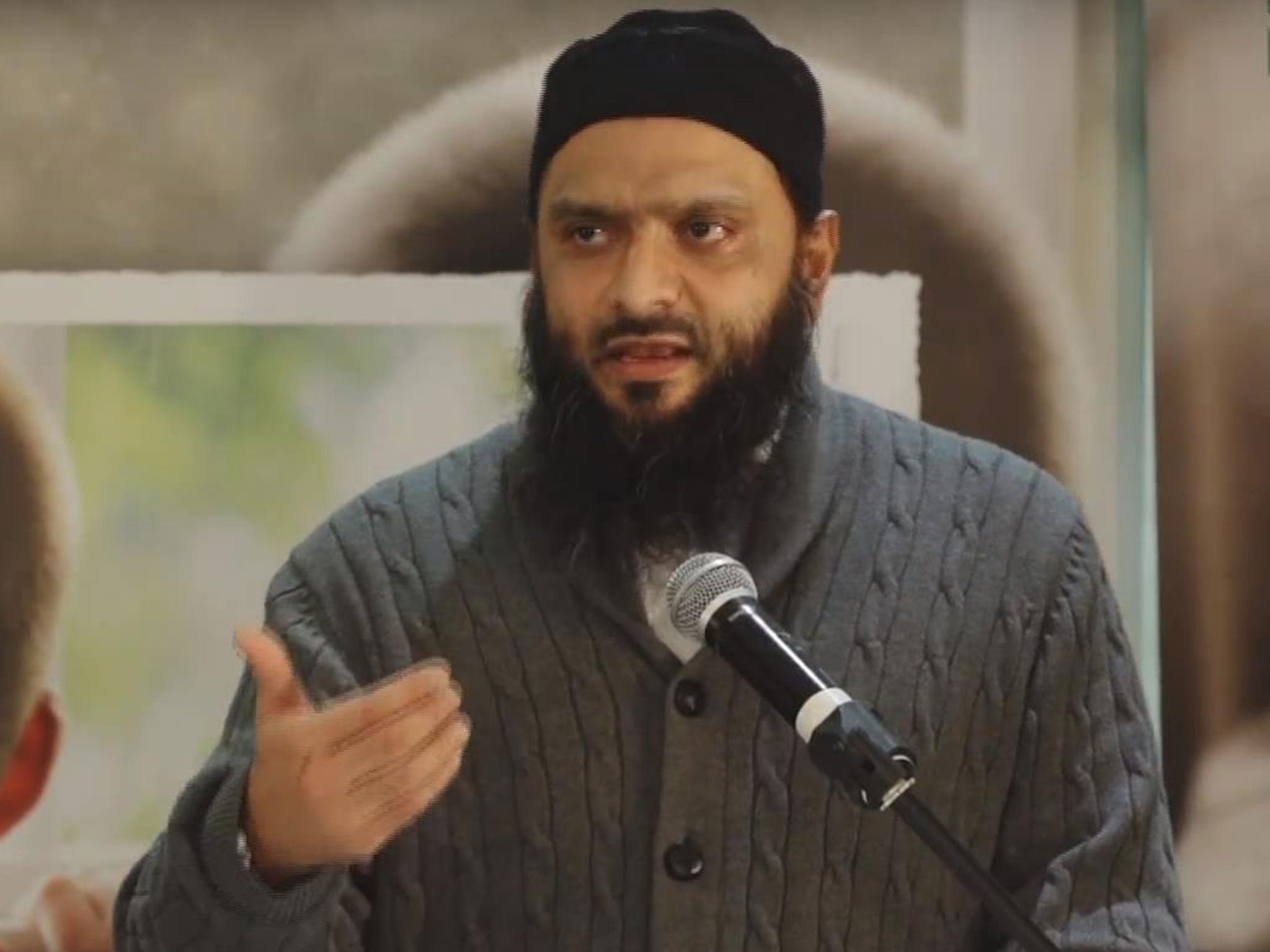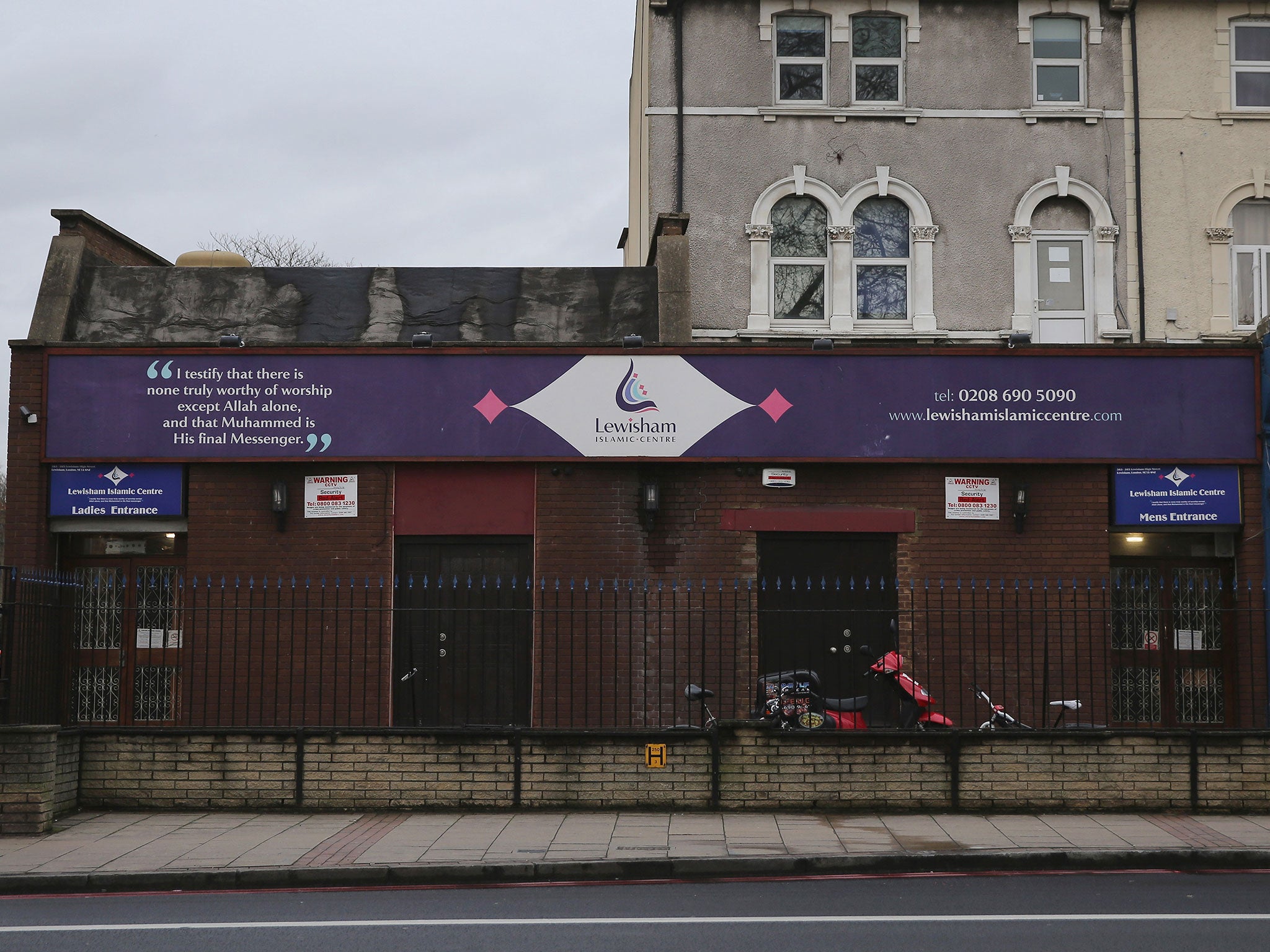London imam who tried to sue BBC for calling him an extremist has case dismissed at High Court
Judge finds Shakeel Begg is ‘extremist Islamic speaker who espouses extremist Islamic positions’

An imam who attempted to sue the BBC for calling him an extremist has had his case thrown out at the High Court, where a judge found he had made “dangerous” speeches on jihad.
Shakeel Begg, the chief imam at the Lewisham Islamic Centre, claimed damages for libel over an edition of Sunday Politics aired in 2013.
The presenter, Andrew Neil, named the 47-year-old among a number “of extremist speakers”, saying he had referred to jihad as “the greatest of deeds” for Muslims.
Mr Begg denied being an extremist and claimed the BBC had defamed him, providing evidence of inter-faith work in London communities and cooperation with the police.
But the High Court threw out his case on Friday, finding that the BBC’s allegations were substantially true and that the imam was “an extremist Islamic speaker who espouses extremist Islamic positions”.
“Mr Begg had recently promoted and encouraged religious violence by telling Muslims that violence in support of Islam would constitute a man’s greatest deed,” read its judgement.
In a witness statement, he described himself as “a proponent of tolerance, peace, nonviolence, understanding between the faiths, cooperation with the police … and the participation of Muslims in civil society” but a judge said his substantial community work was at odds with a series of speeches given between 2006 and 2011.
Mr Justice Haddon-Cave, sitting in the Queen’s Bench division, said: “The Court concluded that that Mr Begg was something of a Jekyll and Hyde character: he presented one face to the local and inter-faith community and another to particular Muslim and other receptive audiences.

“Thus, on the occasions when it has suited him – and he was speaking to predominantly Muslim audiences and/or audiences who might be receptive or sympathetic to his message – he shed the cloak of respectability and revealed the horns of extremism.
“His reputation for respectability is likely to have made his [extremist] messages all the more compelling and seductive to his audiences.
“For this reason, therefore, his words would have been all the more effective and dangerous.”
Mr Justice Haddon-Cave said Mr Begg repeatedly espoused views in line with Salafi Islamism, including “violently extreme” position on jihad.
“The Court said it was all too easy for someone in Mr Begg’s position of power and influence as an imam to plant the seed of Islamic extremism in a young mind, which is then liable to be propagated on the Internet,” a statement said.
“For the reasons given in the judgment, the Court dismissed the claimant’s claim.”
Evidence presented included a speech given by the imam at a meeting organised by the Kingston University Islamic Society in October 2006, where he encouraged his audience to wage “jihad” in Israel and the Occupied Palestinian Territories.
“You want to make jihad?” he said. “Very good. Don’t shout and scream and fight with your Muslim brother who is doing something else for the deen [belief of Islam]. Take some money and go to Palestine and fight, fight the terrorists, fight the Zionists in Palestine if you want to do this.”
In another speech at the Lewisham Islamic Centre in May 2009, Mr Begg claimed “destroying the disbelievers and hypocrites” was a religious duty for Muslims, adding: “Fighting is prescribed upon you … those who fight have a higher status [with Allah] than those who do not fight.”
The BBC also cited his comments at a 2010 rally outside the American Embassy in London in support of Aafia Siddiqui, an alleged al-Qaeda supporter jailed for attempting to kill Americans, and at a dinner held by Cage, the organisation that campaigns on behalf of Muslim prisoners, later that year.
During a protest outside Belmarsh prison the following year, Mr Begg expressed support for Muslim inmates detained under terror laws for “speaking truth to power” in a speech the High Court called “particularly sinister”.
In an article posted online in February 2009, Mr Begg accused a moderate Islamic scholar, Sheikh Tawfique Chowdhury, of “signing a deal with the devil” and betraying “his covenant with Allah” for giving a speech to counter-terrorism officers in Cardiff.
A spokesperson for the BBC said: “We were right to stand by the journalism of Sunday Politics.
“The judge has concluded, based on the evidence, that Imam Begg has preached religious violence and an extremist worldview in his remarks.”
Lewisham Islamic Centre has not yet responded to The Independent’s request for comment.
